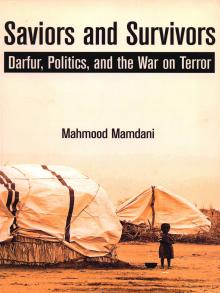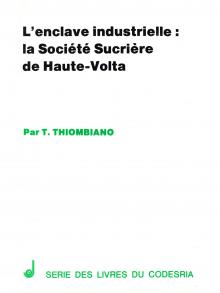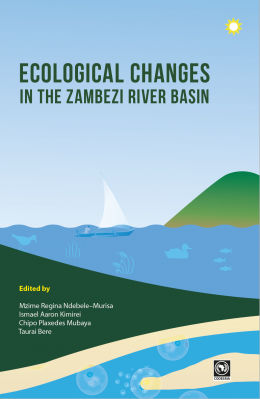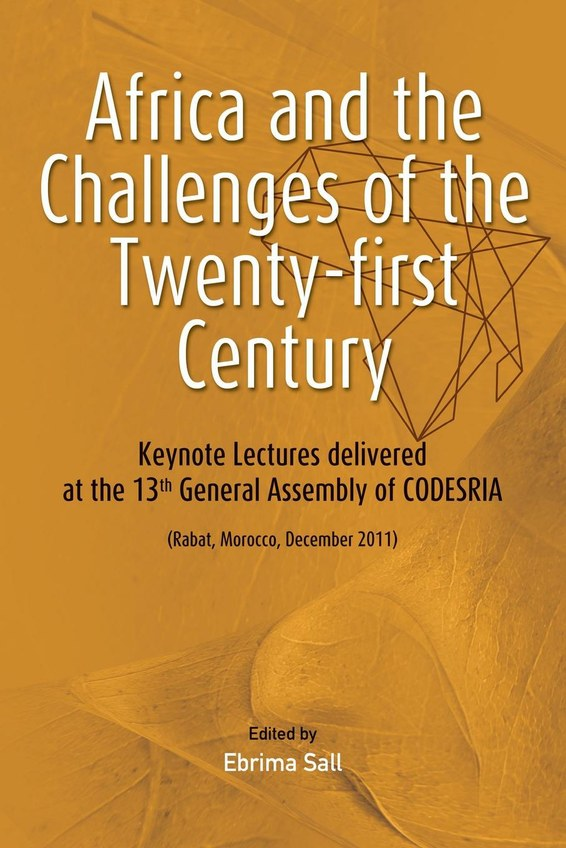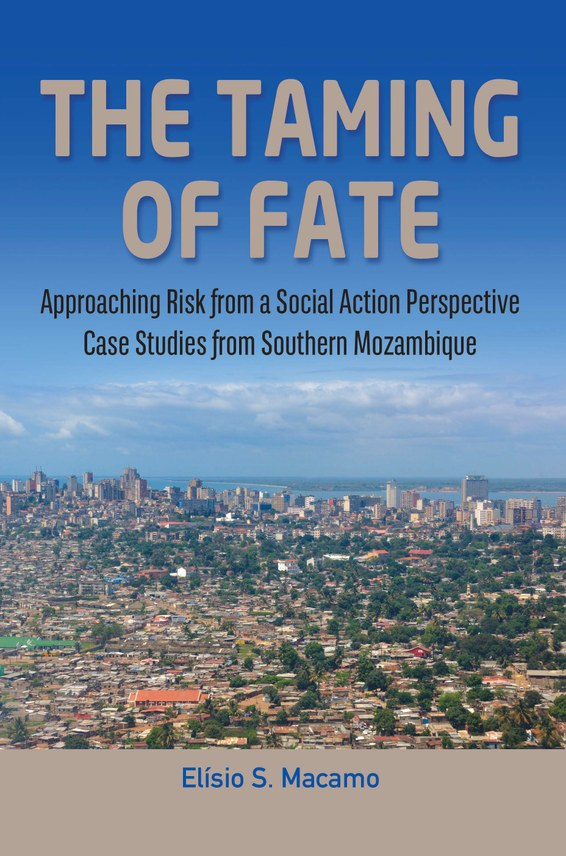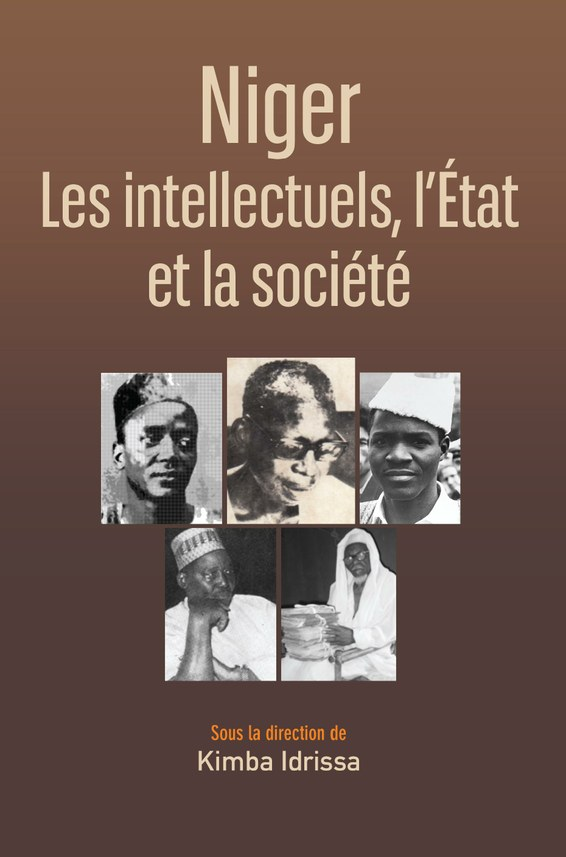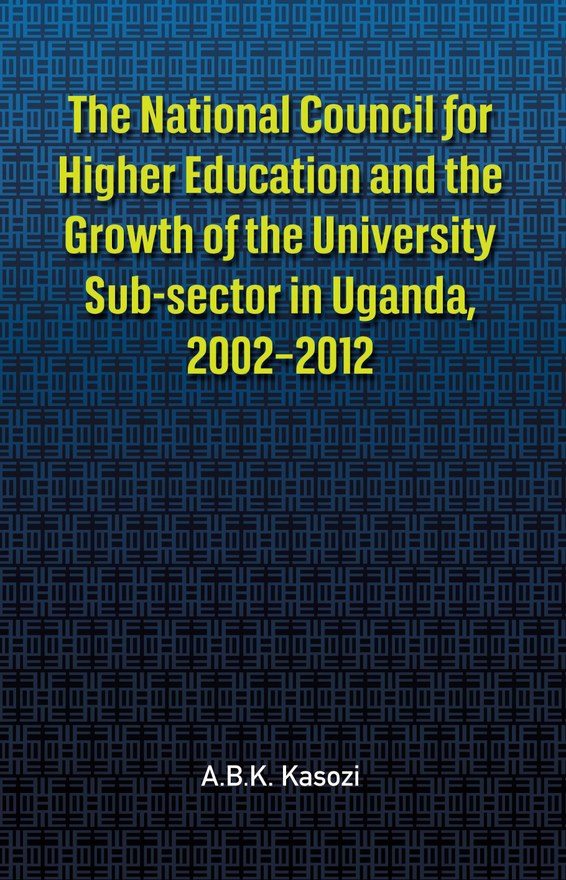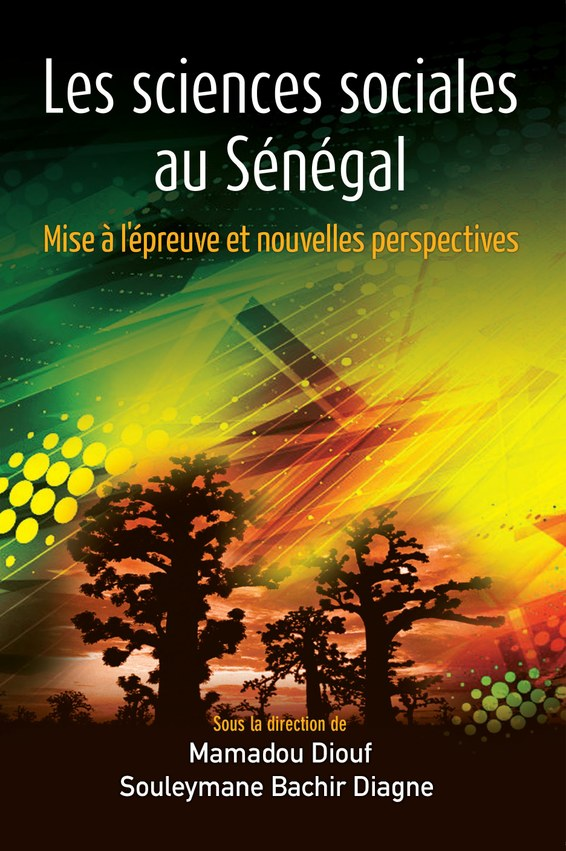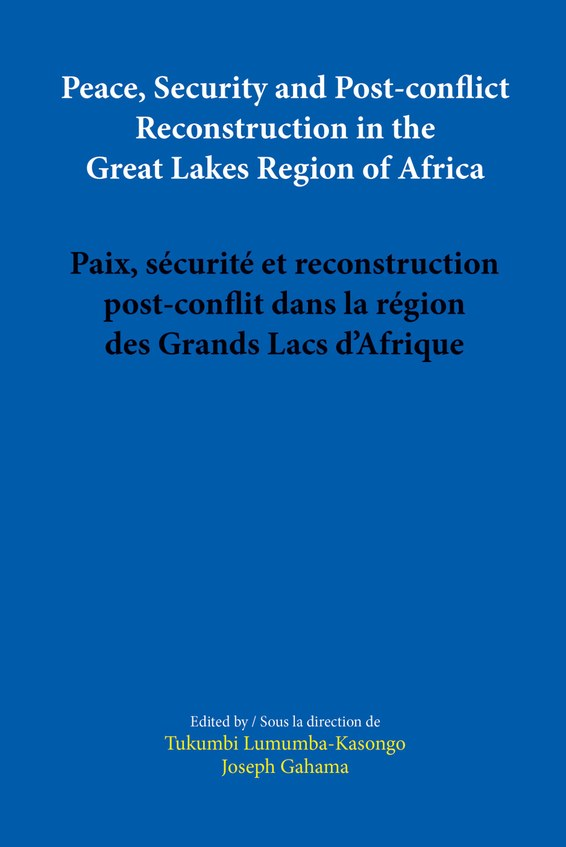In Saviors and Survivors, Mahmood Mamdani explains how the conflict in Darfur began as a civil war (1987-89) between nomadic and peasant tribes over fertile land in the south, triggered by a severe drought that had expanded the Sahara Desert by more than sixty miles in forty years ; how British colonial officials had artificially tribalized Darfur, dividing its population into “native” and “settler” tribes and creating homelands for the former at the expense of the latter ; how the war intensified in the 1990s when the Sudanese government tried unsuccessfully to address the problem by creating homelands for tribes without any. The involvement of opposition parties gave rise in 2003 to two rebel movements, leading to a brutal insurgency and a horrific counterinsurgency – but not to genocide, as the West has declared.
Mamdani also explains how the Cold War exacerbated the twenty-year civil war in neighboring Chad, creating a confrontation between Libya’s Muammar al-Qaddafi (with Soviet support) and the Reagan administration (allied with France and Israel) that spilled over into Darfur and militarized the fighting. By 2003, the war involved national, regional and global forces, including the powerful Western lobby, who now saw it as part of the War on Terror and called for a military invasion dressed up as “humanitarian intervention.”
“Mamdani traces the path to the Darfur tragedy through its historical and colonial roots to the current situation, where drought and desertification have led to conflict over land among local tribes, rebellion, and finally to the brutal involvement of the forces of the state and to the efforts of the United Nations and others to help the victims and stop the violence. His radical reevaluation of the Darfur problem is a major contribution to understanding and, it is to be hoped, to ending a shocking human disaster.” Sir Brian Urquhart, Former Under-Secretary-General of the United Nations
“There are three reasons why this book’s perspective on the Sudan-Darfur conflict may be of considerable value to readers interested in African politics and international relations. First, Saviors and Survivors is unique in that it presents an African-centered perspective on the Sudan-Darfur crisis in the context of the study of international relations, geopolitics and the War on Terror. Second, it draws attention to African regional, epistemological and ideological perspectives on the crisis. Third, it tackles the bogeyman of African politics—the national-ethnic question in the context of cultural pluralism… Hidden in the middle of Saviors and Survivors’ controversial thesis critiquing international interventionism is Mamdani’s scholarly genius. The book scrutinizes, critically analyzes, deconstructs and reconstructs the deep historical transformations that constitute the underbelly of the continent’s post-colonial citizenship structures.” African Affairs (London)
Mahmood Mamdani is a political scientist and an anthropologist. He is Herbert Lehman Professor of Government in the Departments of Middle Eastern, South Asian and African Studies, Anthropology, and the School of Public and International Affairs, Columbia University. He was President of the Council for the Development of Social Science Research in Africa (1999–2003) and also a founding Director of the Centre for Basic Research in Kampala, Uganda’s first non-governmental research organization. He has taught at the University of Dar es Salaam (1973–79), Makerere University in Kampala (1980–93), the University of Cape Town (1996–99), and Princeton University (1995–96). His previous books include Good Muslim, Bad Muslim; Citizen and Subject (winner of the Herskovits Prize of the African Studies Association of the United States) ; and When Victims Become Killers.
ISBN: 978 286978 317 1
CODESRIA 2010


